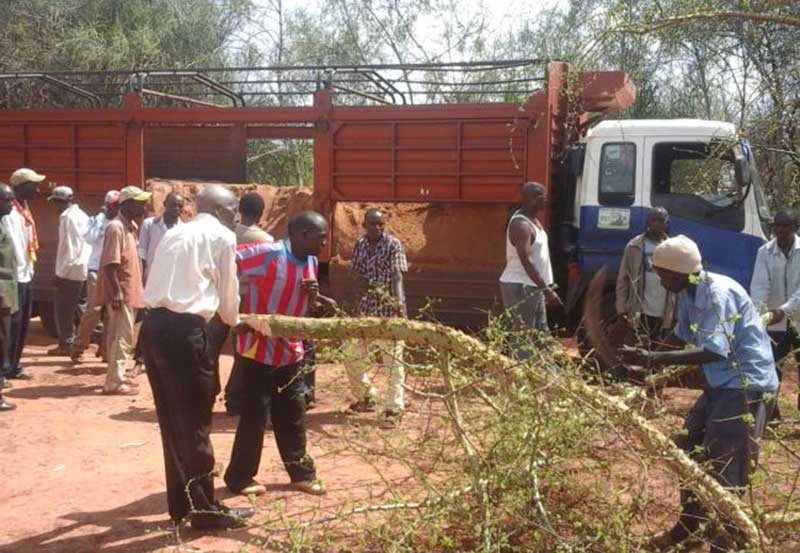×
The Standard e-Paper
Kenya’s Boldest Voice

Everyday dozens of trucks loaded with sand labour their way from river banks in parts of Mbeere South to ferry the commodity to different parts of the country.
In the Mt Kenya region, sand from Mbeere is favoured in the construction industry for its robustness hence costs a premium, compared to sand from Murang’a County.